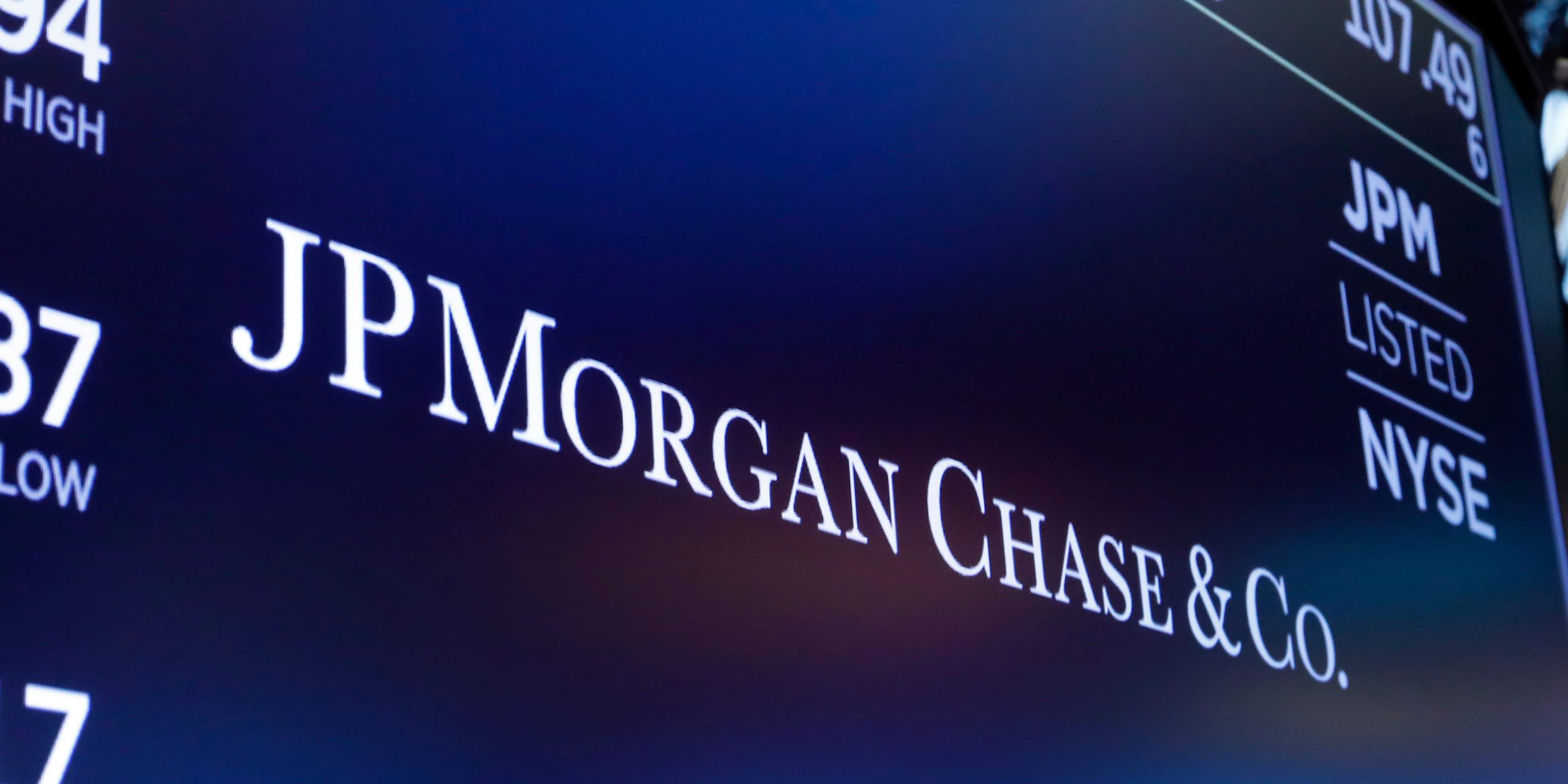
(AP Photo/Richard Drew, File)
- JPMorgan Chase announced it is teaming up with Singapore's DBS Group and Temasek to form a blockchain payments platform.
- The platform aims to ease frictions for cross-border payments, trade, and currency settlements.
- The new company, dubbed Partior, will leverage blockchain technology and digitize M1 commercial money.
- Sign up here for our daily newsletter, 10 Things Before the Opening Bell.
JPMorgan Chase announced it is teaming up with Singapore's DBS Group Holdings and Temasek Holdings to form a blockchain payments platform in a bid to ease cross-border payments, trade, and currency settlements.
The newly-established technology company, Partior, will leverage blockchain technology and digitize M1 commercial money, according to a statement Wednesday.
The platform will develop wholesale payment rails based on digitized commercial bank money to enable "atomic" or instantaneous settlement for various kinds of financial transactions, according to a statement.
"We are thrilled by the launch of Partior as it marks yet another milestone for JPMorgan and the industry – blockchain-based wholesale payments infrastructure where information and value can change hands around the world in a 24/7, frictionless way," Takis Georgakopoulos, global head of wholesale payments at JPMorgan, said in a statement.
Partior will be designed to complement ongoing central bank digital currencies initiatives and use cases.
In the beginning, Partior will focus on facilitating flows primarily between Singapore-based banks in both US and Singapore dollars but will expand its service offerings to other markets and currencies.
Headquartered and listed in Singapore, DBS is a financial services group in Asia active in 18 markets.
Temasek, also based in Singapore with 11 global offices, is an investment company with a portfolio of $214 billion as of March 2020.
